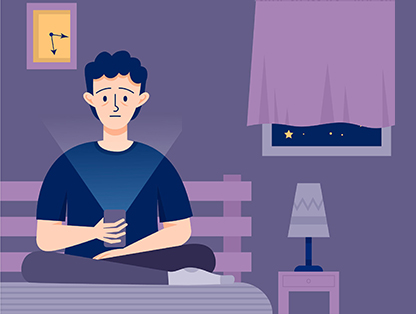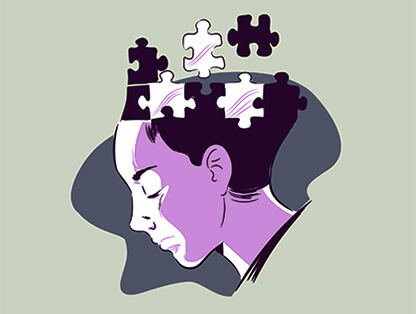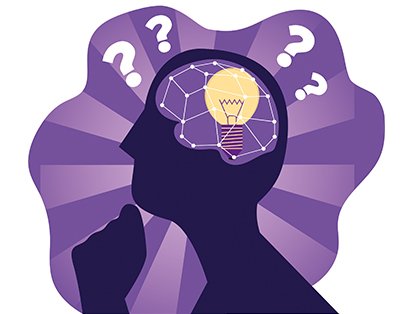1. When I cry, I always know why
2. Daydreaming is a waste of time
3. I wish I were not so shy
4. I am often confused about what emotion I am feeling
5. I often daydream about my future
6. I seem to make friends as easily as others do
7. Knowing the answers to problems is more important than knowing the reasons for the answers
8. It is difficult for me to find the right words for my feelings
9. I like to let people know where I stand on things
10. I have physical sensations that even doctors don’t understand
Is alexithymia a sign of autism?
Not necessarily. While alexithymia is common in autism spectrum disorders (ASD),it can also be an independent personality trait or a result of psychological trauma. They are distinct conditions that may overlap.
Can alexithymia be "cured"?
Since it is not a disease but a psychological characteristic, it is about developing emotional intelligence. Psychotherapy, keeping a feelings journal, and mindfulness practices help one learn to recognize body signals and put emotions into words.
Is alexithymia linked to physical health?
Yes, there is a direct link to psychosomatics. When emotions are not recognized or expressed verbally, they may manifest physically as muscle tension, chest pain, or digestive issues.















